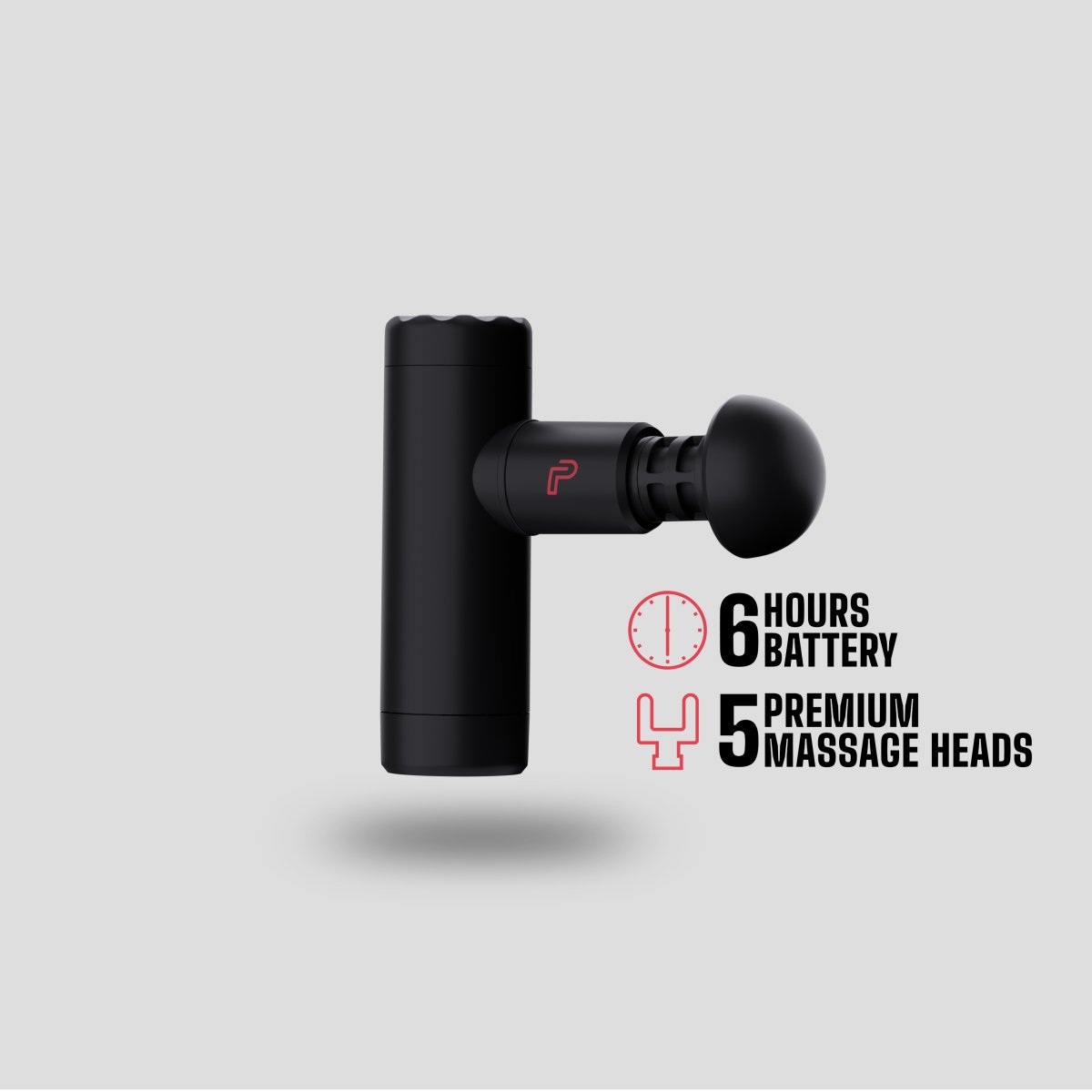Every year’s end is akin to a finish line: it signifies a chance for a new beginning whilst also symbolising the struggles we’ve faced along the way. The new year can represent a new beginning, new goals, and the opportunity to begin afresh - to make plans for self-improvement and for the year ahead.
According to a recent survey (1), the most common new year’s resolution is to start exercising and to get into shape. Indeed, January is the most profitable month for gyms. Most people, however, fail to keep that motivation and, very often, the whole project is abandoned before the month is through.
Read on for guidance on how to stay on track with your new year’s resolutions and what you can do to make 2022 a year of great personal achievements.

A New You
Modern psychology offers great insights into what motivates us and how our minds work towards an objective.
The Theory of Narrative Identity seeks to explain the way we view ourselves. Human beings are natural storytellers and this approach postulates that this goes to the core of our identity: we integrate our life experiences into an internalised story that we tell ourselves about ourselves. In turn, this gives a sense of unity and purpose to our lives. This theory emphasises how our past, present, and future are not separate and independent, but co-occurring and interacting parts of a consistent whole. This means that the story we tell ourselves about the past and the present may influence our future, and vice-versa.
What this approach suggests is that we should be consciously strategic about the way we interpret our narrative identity. The old saying about how some people see the glass half-full, while others see it half-empty, has a very definite and important psychological meaning. It’s an important truth: we all have plenty of leeway regarding the way we perceive what happens in our lives, and we should be deliberate about the meaning-making processes that we engage in every day. We should always ask ourselves: “what is the story that we want to tell and how will it contribute positively to our lives?”.
Psychologists have identified two important identity-making mechanisms: self-signalling and precognition.
- Self-signalling simply means that we come to conclusions about ourselves much in the same way that we come to conclusions about others - through the way we behave. Simply put, our actions influence our self-beliefs.
- Precognition means that the relationship between our thoughts and our behaviours is not a one-way street. It’s not just that our thoughts influence our actions, but our actions can change our thoughts too. Our minds instinctively work to justify and interpret our behaviour.
This implies that we can change our mental habits by changing our behaviour first. One of the key ways to do this is to associate the new behaviour with a positive stimulus. We should reward ourselves for every subgoal, each step along the way. This is one of the ways Pulseroll may become a phenomenal partner in your efforts. A relaxing and gratifying massage after each workout, or simply at the end of a long day, will certainly add a whole new dimension to your training and create powerful new associations in your mind.
Our range of massage guns and foam rollers lets your muscles feel the benefits of a professional, deep-tissue massage at an affordable price. Explore the rest of our blog to find out more about our products.
New Goals
There are reasons, both intuitive and scientifically supported, to believe that consciously setting goals for ourselves is a good idea. Research has established a definite connection between goal-setting and success.
For example, one meta-study (2) shows a robust link between group goal-setting and group performance, while another study (3) has shown the positive effect of writing down your goals, sharing your commitment with friends, and making regular reports on your progress to increase accountability. Many other studies show similar results.
The most successful psychological approach to goal-setting is called Expectancy Theory. It’s supported by many studies and it states that the two main factors affecting motivation are how much we value the goal and how much we believe that we can actually achieve it. For example, long-term goals are very susceptible to failure because we tend to underestimate both their benefit and our capacity to achieve them.
This means that we should be careful about where, in terms of level of ambition, we place our goals. A goal should be challenging, but not intimidating. It should be manageable, but not so easy that it becomes boring. We understand this intuitively: games are fun when they’re not so hard that they’re impossible to win, and indeed we learn the most when we thread the line between too difficult and too easy. In other words, don’t aspire to become the world’s greatest strongman overnight, and if you miss a training session after promising yourself you wouldn’t, don’t just give up. Perfection is unattainable, and failing is a necessary part of succeeding.
We can’t tell you what your goals should be - no one can. Your goals must be guided by your own inner needs and values, and only you can decide what they are. But we can most certainly make them easier to achieve. Our ranges of massage guns and vibrating foam rollers are incredibly powerful tools for massage self-therapy that allow your muscles to recover faster, promote better mobility, and can help to reduce muscle soreness. They will help you inaugurate a new era for your daily routine.
Conclusion
Every new year is a gift. Making the best use of it involves deciding what you want and what is the best way to get it, finding support from the people around you and from the tools available, keeping motivated through rewards and by tracking your progress, and not forgetting to be patient with yourself.
Our own resolution for 2022 is to help you achieve your goals by providing you with the tools you need to be at your best. Check out our range of products to find out the right one for you!
References
1 - https://www.statista.com/statistics/378105/new-years-resolution/
2 - Kleingeld, A., van Mierlo, H., & Arends, L. (2011). The effect of goal setting on group performance: A meta-analysis. Journal of Applied Psychology, 96(6), 1289-1304.
3 - Matthews, G. (2015). Goal Research Summary. Paper presented at the 9th Annual International Conference of the Psychology Research Unit of Athens Institute for Education and Research (ATINER), Athens, Greece.













